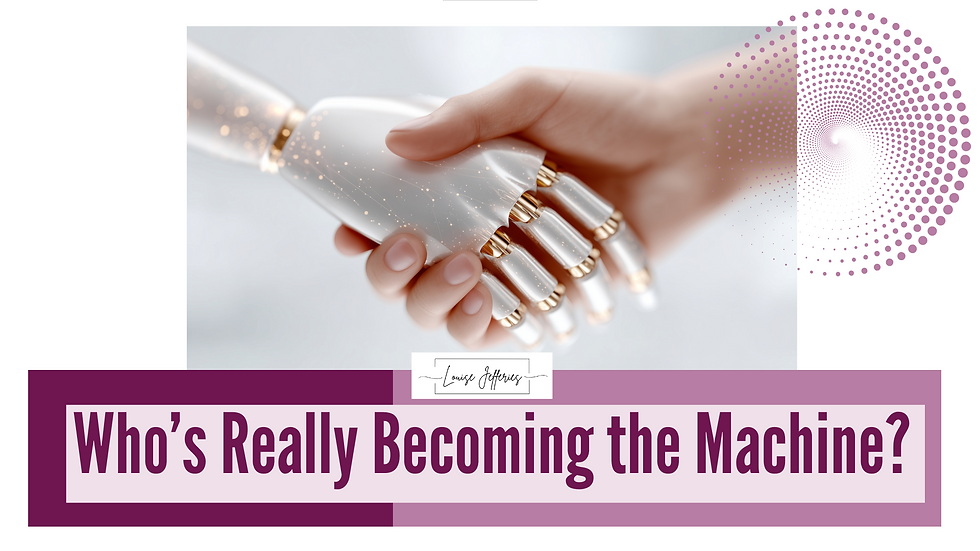"Knowledge is Power"
- jefferiesart
- Sep 12, 2023
- 2 min read

Francis Bacon first said this in 1597. It’s one of those most used quotes that will probably last eternally because it relates to every area go life. It’s also an essential pilar of how I help my clients overcome their fears. I’m not just speaking about their fears of speaking English in front of their peers, because once I start working with clients we typically discover all sorts of areas of their life where they are limiting themselves because something is uncomfortable.
Let’s face it, the body is incredibly intelligent and the mind especially so, which makes supposedly illogical fears particularly fascinating. I don’t believe there is anything illogical when it comes to the human body, there might be things we haven’t found out the reason for yet, but I don’t think anything is random or without logic. Which brings us back to the question of why we’re fearful of certain things and how this relates to knowledge being power.
Let’s take the fear of public speaking which is actually one of the most common fears in people. If a person with Glossophobia (fear of public speaking) imagines or finds themselves at a meeting where they are asked to speak on a certain topic. They might experience a range of different emotions including tightness in the chest, increased pulse, sweating, flushing, dry mouth, and temporary loss of memory recall for certain things. They are experiencing some of the flight or fight responses to a perceived fear. The danger or threat they are responding to here could be failure, ridicule, criticism and embarrassment, but if you ask them if it’s actually likely that the people they are communicating with will laugh at them or try to publicly shame them, they would probably say no. So, the knowledge that their reaction is out of proportion to the imagined threat isn’t enough to reduce the fear. What we need to do is dig deeper and not just notice what the physical and emotional symptoms are, but understand what the underlying cause and function of the fear is.
In my experience and training working with both myself and others the purpose of the fear is to protect us from something. Typically the individual has experienced an uncomfortable/dangerous situation or they’ve received the message that a situation is uncomfortable/dangerous, so they subconsciously assume a fear that will overrule any rational thought to help them avoid the situation. Which I think is pretty clever.
But what is even more clever is that with this knowledge of why we’ve been fearful we can generate a different relationship to the fear. A relationship that with a little support and guidance can be turned into gratitude for protecting us. This is a huge step because we’ve changed from having feelings of hate and shame of the fear, to feelings of appreciation and gratitude. This then opens the way for us to reassess the situation and choose a different reaction to the situation.
And that, is power. The knowledge and understanding of why something has been put in place can be powerful enough to overcome the mental and physical barriers that have been put in place and set us free to consciously choose a better fitting reaction and behaviour.



Comments